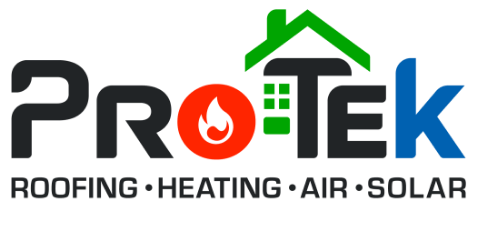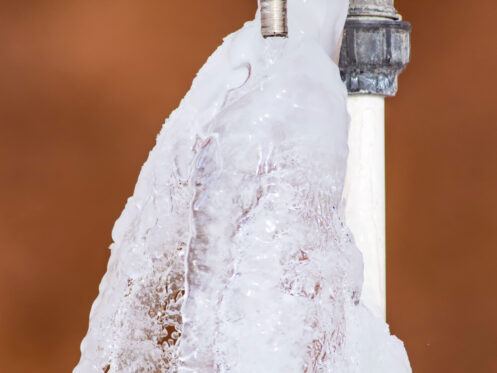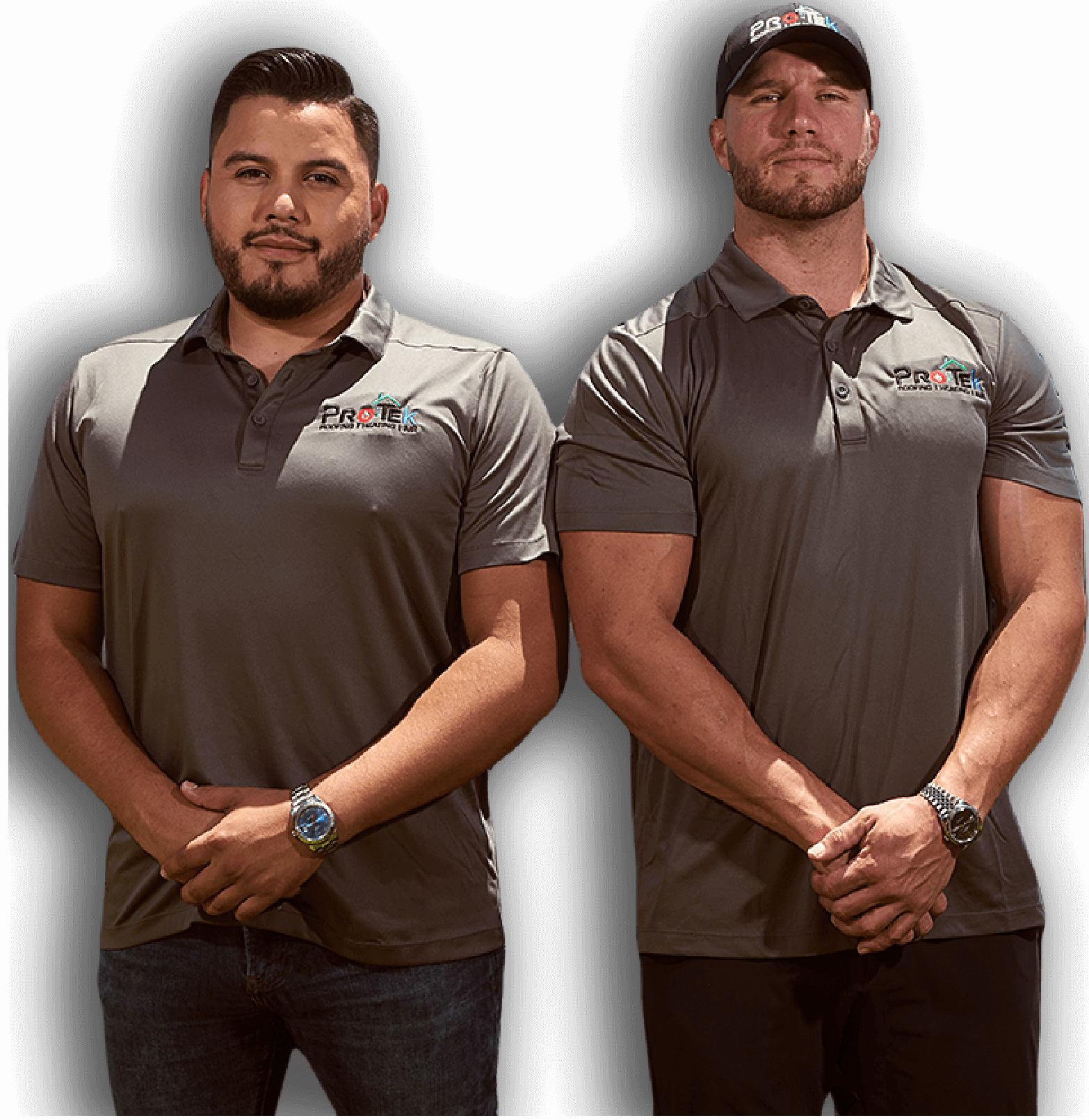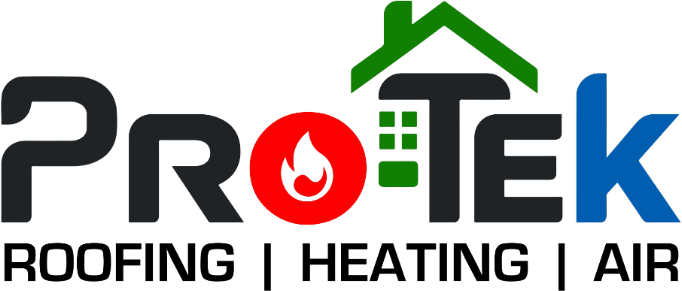Your home depends on having a reliable heating system to get through the winter months. To prepare for the cold temperatures ahead, there are some things you can do this fall season. Here are some tips on HVAC prep for the winter in Tampa, FL.
1. Schedule a Tune-Up
Your furnace requires regular tune-ups to perform at its best. A comprehensive furnace tune-up can resolve a lot of issues with your system. A professional will have the experience to uncover hidden issues with your furnace before they have a chance to grow into more expensive problems. Your HVAC professional will check for worn parts and replace them if needed. A good tune-up can also help to increase the lifespan of your HVAC as you are able to address problems sooner rather than later.
2. Schedule a Furnace Cleaning
Furnace cleaning isn’t something you should overlook. The main goal of furnace cleaning is to clear away blocked passages to ensure proper airflow so that your system will perform as expected. Any dirt or loose debris should be cleared away to avoid potential clogging. Any personal belongings or flammable items should also be properly stored in another room to prevent a fire hazard.
3. Have Your Filters Changed
Air filters are designed to protect you and your furnace from dirt, dust, and debris. They guard against harmful toxins and pollutants. However, air filters get dirty over time, which impacts the functionality of your HVAC system.
You rely on your furnace to keep you warm when it’s cold outside, but filters get dirty quicker with wintertime use. You may need to replace them more frequently during colder months. If you forget to replace the filters, your HVAC will eventually lose its effectiveness in keeping your home warm. You might also notice an increase in your heating bill as your system has to work overtime to try and keep your house warm. You can prevent these problems by having the filters changed before the cold season hits.
4. Clean Your Air Vents
Air vents that are clean and unobstructed provide the maximum air flow you need for effective heating. You’ll reap maximum benefits from your heating system when everything is clear. Seasonal cleaning of air vents and ductwork will free them of debris that obstructs airways. Cold air will be pushed out as warm air comes in.
A thorough inspection should uncover any issues with your vents and ductwork. During the process, you should wipe down any dirty vents with a cool, damp cloth. This simple task ensures that everything will run smoothly when winter hits. If you notice anything wrong with your vents during cleaning, be sure to contact a professional.
5. Drain Your Radiator Valves
If your home has a boiler, chances are you use hot water radiators to heat your home. These devices have special parts known as radiator valves. These components help keep your home warm by circulating air out.
Unfortunately, old air gets trapped inside your radiator valves and keeps them from running efficiently. If your radiator makes loud, banging noises or starts to gurgle, the problem could be trapped air in your valves. It’s important to drain them of trapped air so that your radiator can run more efficiently during the winter. A professional technician can help you with this task.
6. Get Your Humidifier Ready for the Winter
Some HVAC systems use humidifiers to keep the air moist in drier climates. Humidifiers come with a water panel that helps keep the moisture going so your home heats up. To ensure proper efficiency, it’s a good idea to have it changed at least once a year. It’s best to do this in the early fall when the weather gets cool.
Another issue with humidifiers is hard water buildup. This happens in the water reservoir where hard water buildup happens. You can unearth these issues with a good inspection. All you need to do is remove the reservoir and wipe it down. Afterward, wipe down intake vents to remove dirt and dust. If you see any leaking drain lines, make sure they are replaced before turning your humidifier back on.
7. Do a Sound Check
Turn on your HVAC system and let it run for a few minutes. Take note of any strange noises it makes. If you hear banging or rattling sounds, call your HVAC technician immediately. These could be signs of a major issue.
8. Assess Room Temperature and Adjust Your Thermostat
No matter how cold it gets, a good HVAC system should always have your back. Every room should be warm enough to ensure comfort for everyone. Any HVAC system that doesn’t perform as expected needs servicing. Your seasonal to-do list should include testing your system and adjusting the thermostat for maximum comfort.
Spend some time running your heating system. Listen for any noises and take note of its efficiency. Is your HVAC working properly? How do each of the rooms feel? A brief walk-through should give you an idea of your system and any problems it might have. Moisture and unusual noises are signs that something is wrong. If you notice these issues, call an HVAC professional right away. They can inspect your heating system and offer you an estimate.
Switching from cool to warm requires resetting your thermostat. A warm temperature that’s energy-efficient is highly recommended. A setting of around 68 degrees Fahrenheit is a good blueprint for reducing your bill and cutting back on carbon emissions. But everyone has a different comfort level when it comes to heat. You may decide to turn your thermostat up a notch when you’re home.
If you use a programmable thermostat, be sure to lower the settings by at least 10 degrees when you’re out. You can do this manually or through a mobile app. Not only will you save money, but you’ll also reduce wear and tear on your HVAC system.
9. Have Your Ductwork Inspected
Ductwork that is clogged or torn cannot help your HVAC do its job effectively. Be sure to have your ductwork inspected for debris and dirt. Have it professionally cleaned in the early fall to ensure optimal performance. Your HVAC technician should check for holes, tears, or loose ductwork during the inspection. All repairs should be made and holes sealed prior to using your HVAC.
10. Test Your Smoke Detectors and Carbon Monoxide Devices
All homes should come equipped with working smoke detectors and carbon monoxide devices. Schedule a time once a month to test the batteries for each and replace them if needed. Listen for chirping sounds. If you hear anything, call a maintenance technician immediately. Your batteries may be low.
Contact a Professional Today
Comfort and peace of mind are critical to surviving the winter months ahead. Following the HVAC prep list and working with a professional maintenance technician will help you prepare for cold weather. Protek Roofing, Heating, Air & Solar can help you with all of your heating and cooling maintenance needs in the Tampa area. We also offer HVAC installation and repair as well as roofing, indoor air quality, and solar services. To learn more, contact us today!




